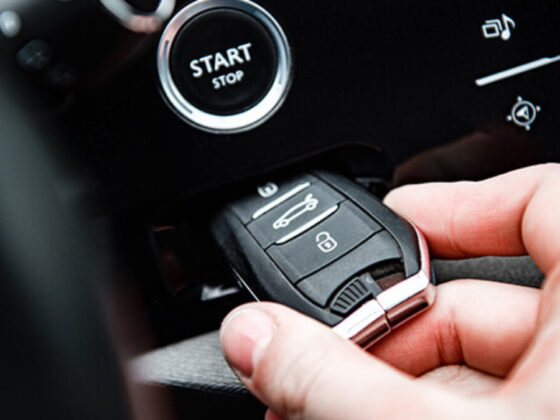Let’s face it—high-conflict divorces aren’t exactly the scenic route anyone plans to take. But life happens, roads diverge, and here we are. The biggest potholes, though, are often those your kids hit. So, as parents, it’s up to us to smooth the way as much as possible.
Put Your Own Oxygen Mask on First (Yes, Really)

Ever been on a plane? There’s always that spiel about putting your own oxygen mask on first before helping others. Turns out, parenting during a tense split is a lot like that airplane scenario. You’ve got to take care of yourself mentally and emotionally if you hope to help your kids breathe easier.
- Seek support from a counselor, therapist, or friends.
- Keep emotional baggage in your own overhead compartment—not your child’s lap.
- Find stress-relief outlets like exercise or hobbies (and maybe the occasional ice cream binge—hey, no judgment here).
Keep the Drama on Netflix, Not in Your Living Room
Children can be hyper-aware of tension. They’re emotional sponges, soaking in everything, even when you think you’re whispering loudly enough. Remember: you want your kids to binge-watch dramas on Netflix, not live through them.
- Limit arguments or heated discussions when your kids are within earshot.
- Try neutral ground for sensitive talks—a café, a park bench, anywhere but the kitchen table during dinner.
- Create stability by maintaining routines wherever possible. Taco Tuesdays don’t have to be casualties of the split.
When in Doubt, Professionals Have Got Your Back

Sometimes you can’t manage all the heavy lifting yourself, and that’s completely okay. You don’t fix your car by guessing at what’s wrong (at least not if you’re planning to keep your sanity and your paycheck). Similarly, reaching out to experienced family lawyers can help you handle the tough parts of co-parenting legally and strategically, leaving you more energy to be emotionally present for your children.
- Professionals can mediate disputes without pulling your kids into the crossfire.
- They handle communication around custody arrangements clearly and effectively.
Conversations Matter—So Make Them Count
Kids don’t need every gritty detail, but honesty is your co-pilot here. Be upfront, age-appropriate, and reassuring. You’re their steady hand, the one person who can anchor them through turbulent weather. Analogies help a lot here—think of your family as a car going through rough terrain; you’re just changing lanes, not driving off a cliff.
- Answer questions directly but gently.
- Remind them repeatedly they’re loved, safe, and important to both parents.
- Resist oversharing or venting frustrations about your ex. Save that for your bestie, not your child.
Recognize the Road Isn’t Always Smooth (And That’s Okay)
Even with all the care and caution in the world, your kids might hit emotional bumps along the way. Grades slip, attitudes change, or moods swing. And guess what? That’s normal.
- Be patient. Like fuel efficiency improving over time with good driving habits (hey, I couldn’t resist), your child’s coping skills strengthen gradually with steady support.
- Seek professional help if emotional dips become prolonged.
Final Thoughts: You’re Doing Better Than You Think

At the end of the day, there’s no perfect blueprint for handling divorce. Every family has its quirks, and yours is no exception. Trust yourself, lean on professionals when needed, and remember—just by being there, listening, and supporting, you’re already filling their emotional tank. High-conflict divorces might be tough roads, but you’ve got the fuel and the grit to get through it together.


